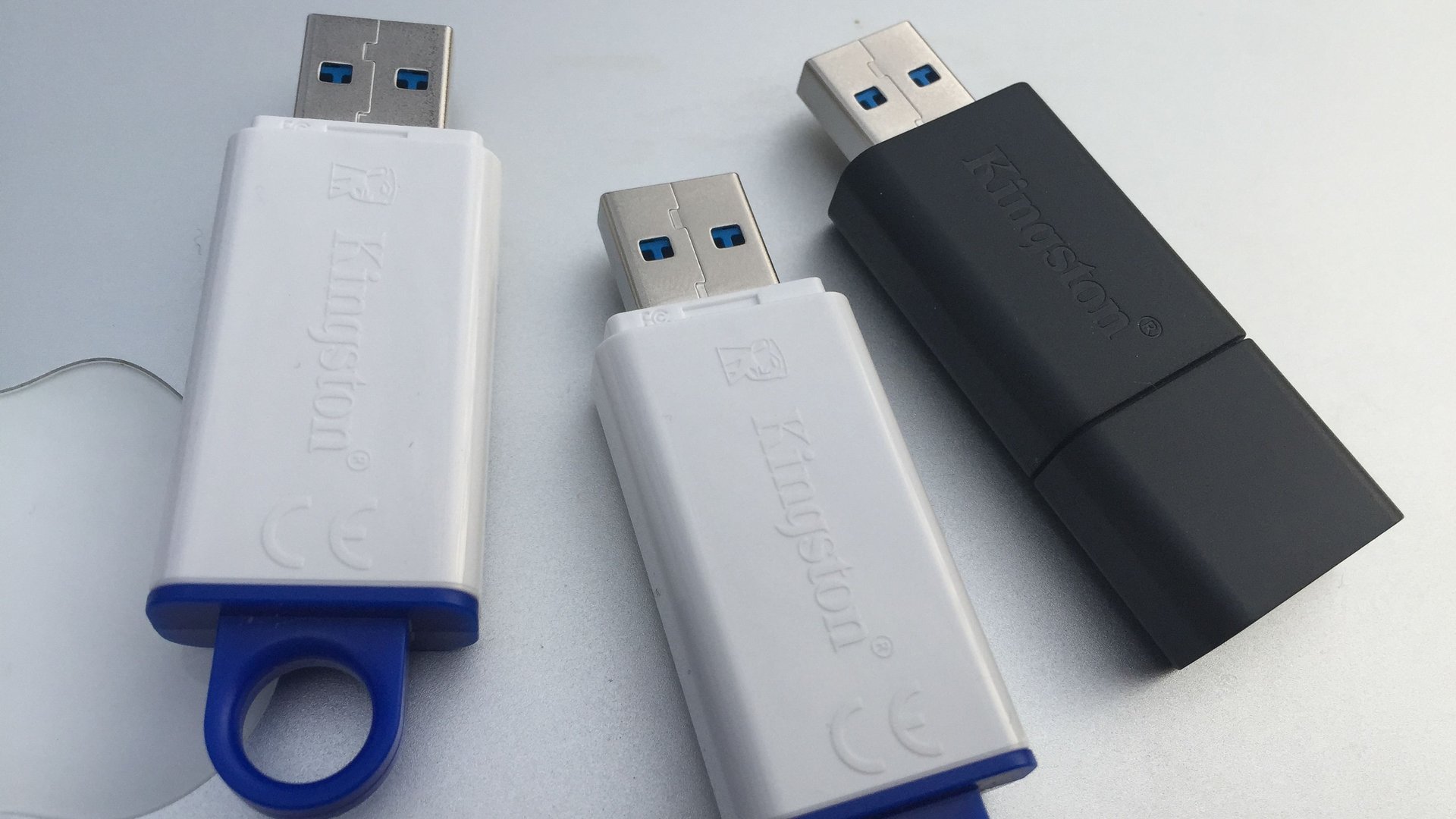Human-rights activists are collecting flash drives to smuggle into North Korea
Chances are you have a flash drive that’s collecting dust in a drawer somewhere. But for someone living in North Korea, that same drive could be a window to the outside world.


Chances are you have a flash drive that’s collecting dust in a drawer somewhere. But for someone living in North Korea, that same drive could be a window to the outside world.
“These things that seem like junk to you are worth their weight in gold in North Korea,” Alex Gladstein, chief strategy officer at the Human Rights Foundation, tells Quartz. “After food and water, the next most valuable thing is foreign media.”
To help facilitate the flow of information into the oppressive regime, the Human Rights Foundation has teamed up with Forum 280, a Silicon Valley nonprofit, to collect flash drives that will ultimately be smuggled into North Korea. Their campaign, called Flash Drives for Freedom, will support the North Korea Strategy Center (NKSC), a North Korean defector group based in Seoul that purchases and transports about 5,000 flash drives to North Korea each year.
Already, the Human Rights Foundation and Forum 280 have received hundreds of flash drives in the mail, and a few manufacturers have offered to donate drives in bulk or to sell them at a discount. Though Gladstein says they’ll “take everything,” the greatest need is for higher-capacity drives starting at 32GB so they can cram in more content. They are also taking donations to purchase additional devices.
NKSC will ultimately determine what content is loaded onto the drives, based on feedback from focus groups with North Korean defectors. “People want entertainment first and foremost,” says Gladstein, making it very likely that soap operas from South Korea will end up on the devices.
In the past, some of the USB drives trafficked into North Korea have included excerpts of interviews with defectors, footage of the Seoul airport, scenes from The Interview (the James Franco film about assassinating Kim Jong Un, which North Korea has called an “act of terror“), the Korean-language version of Wikipedia, as well as Hollywood films and Korean dramas.
NKSC will smuggle in the USB drives via the Chinese border, and they’ll eventually end up at the country’s gray markets. The hope is that by flooding the markets with thousands more drives, the prices for the contraband will come down and outside information will be more accessible.
“It might be risky for these folks to do this,” Gladstein says. “But it’s far more dangerous for us to do nothing….An educated North Korean populous is better than a non-educated populous.”
The photograph above was taken by Tony Webster and shared under a Creative Commons license on Flickr. It has been cropped.